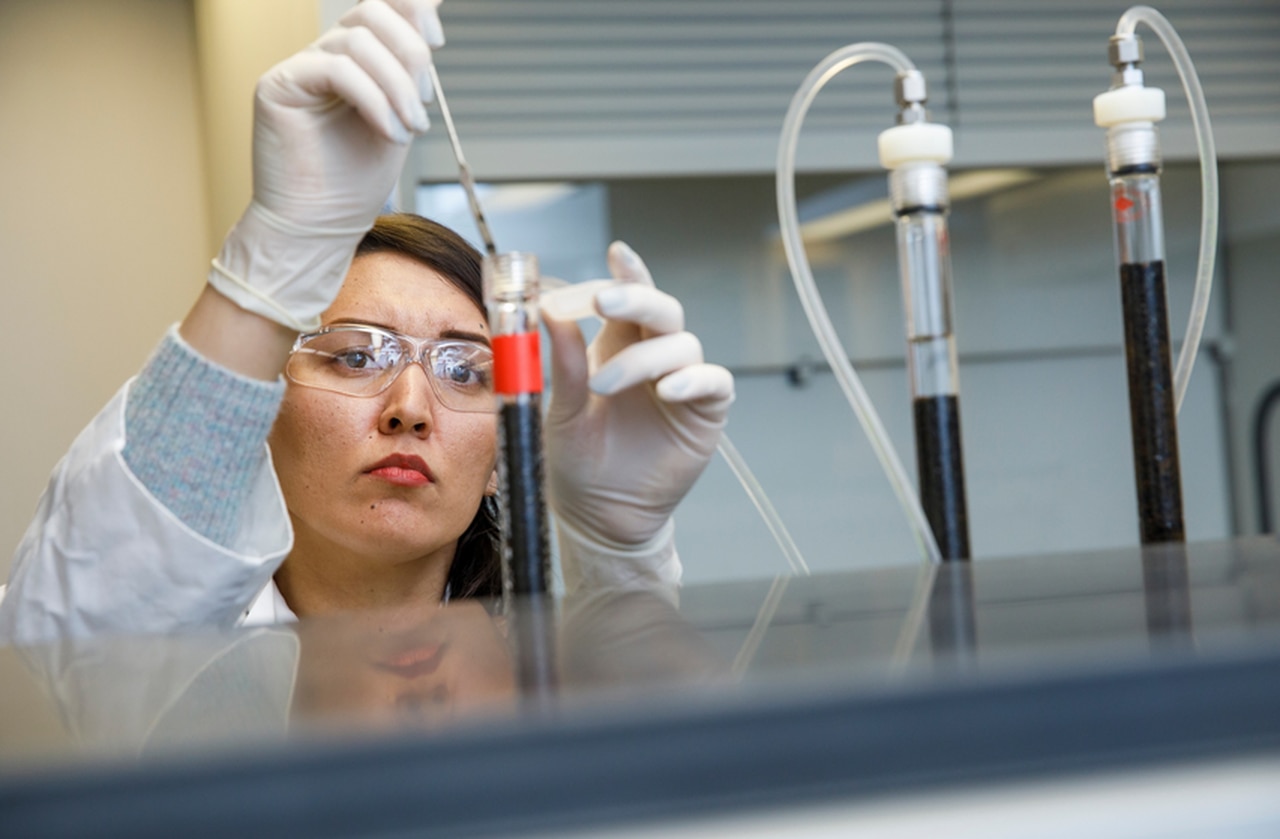Alabama teams get $1M each to study crops, electric cars
Two Alabama research centers have won $1 million in new National Science Foundation (NSF) grants to study agriculture and electric vehicles.
The University of Alabama will lead and coordinate new research to “advance a domestic value chain” for electric vehicles in Mississippi, Alabama and Georgia.
The HudsonAlpha Institute for Biotechnology in Huntsville will study development of “carbon neutral” crops for sustainable agriculture.
The two grants are among 44 granted by the NSF in its first “Regional Innovations Engines” program. If the partnerships work, the NSF says they will “lay the foundation for emerging hubs of innovation and potential future NSF Engines.” That could mean millions of dollars more in research funding from the NSF which has a 2023 budget of $9.5 billion.
NSF Director Sethuraman Panchanathan said the “awardees are part of the fabric of NSF’s vision to create opportunities everywhere and enable innovation anywhere.
“They will build robust regional partnerships rooted in scientific and technological innovation in every part of our nation,” Panchanathan said. “Through these planning awards, NSF is seeding the future for in-place innovation in communities and to grow their regional economies through research and partnerships.”
The National Science Foundation funds research in all 50 states through grants to nearly 2,000 colleges, universities and institutions. Each year, the foundation said it receives more than 40,000 competitive proposals and makes about 11,000 new awards.
